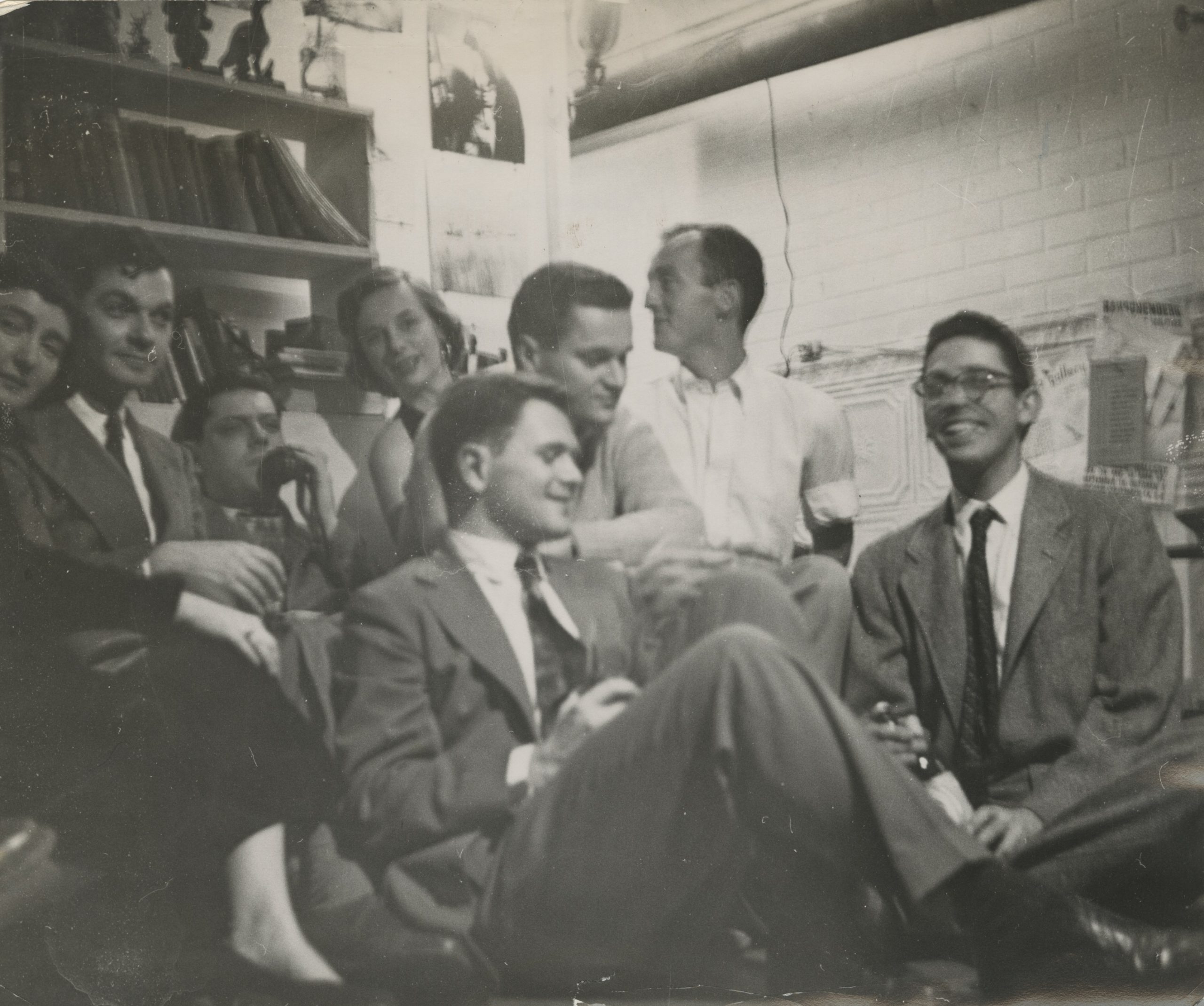William Maxwell is perhaps the most significant and least studied of midcentury American literary editors. This conjunction of literary impact and scholarly neglect tells us something about the constitutional reserve…
Archive for July, 2024

“It’s Only Vanity if It’s Not Good”: Daisy Aldan and Women Midcentury Small Press Publishers
“Well, if you’re a woman you put yourself somewhere near the beginning & then there’s this other place where you put yourself in terms of everybody” Alice Notley, Doctor Williams’ Heiresses…
The Chevalier and the Commahunter: Norman Holmes Pearson Edits Modernism
I would start out this essay with “Norman Holmes Pearson is best known as…,” but Norman Holmes Pearson isn’t particularly well-known as anything. For scholars of twentieth-century American literature, he surfaces…
Writer Conscious: Katharine S. White, Mary McCarthy, and Editing as Intimacy at The New Yorker
In a closely argued three-page letter in 1946, Mary McCarthy flatly rejected New Yorker editor Katharine S. White’s revisions to her latest submission. “I’m afraid that the new manuscript strikes a chill…
The Third Eye: Editorial Visions of the Draft Text
In a 1993 Paris Review interview, Toni Morrison identifies the value of editing: “Good editors are really the third eye. Cool. Dispassionate. They don’t love you or your work; for me that…
Introduction: Seeing Double: Editors in Postwar American Literature
When literary editors appear in fiction, they are often ambiguous and even duplicitous figures. The plot of Don DeLillo’s Mao II (1991) is set in motion in the top-floor office of a…